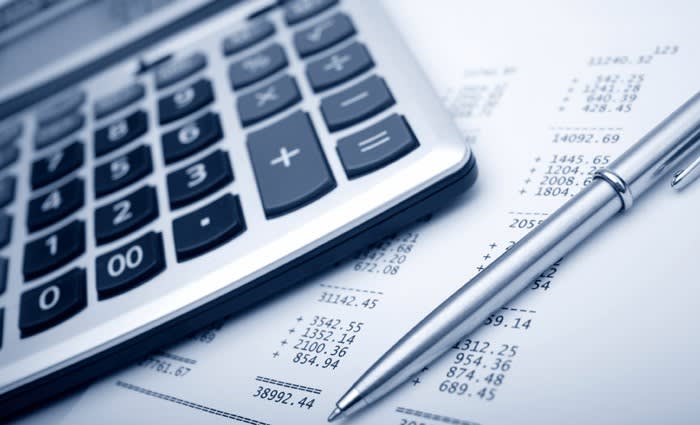House prices could fall 32 per cent: CBA's worst case COVID-19 scenario
House prices could be slashed by a third, Commonwealth Bank have suggested in its worst case scenario for the national housing market.
The best case scenario, the country's biggest lender says, was for prices to drop 11 per cent.
LF Economics founder Lindsey David says a 32% fall in house prices will "kill the Australian banking system without mega bailouts."
Matt Barrie, founder and chief executive of Freelancer, believes even a 25 per cent drop will do it.
" I think that pushes most mortgages since 2017 into 100% LVR", Barrie said.
NSW Premier Gladys Berejiklian has said the news would be welcome for some.
"It'll be a buyers' market for a while," Ms Berejiklian said this morning.
"There's always a positive in a negative circumstances."
CBA's worst case scenario considers a two year recession where GDP growth could scale back nearly eight per cent over 2020 and 2021, with a minor 2.3 per cent bounce in 2022.
It would also rely on the unemployment rate hitting nine per cent in 2020, and only scaling back to 8.5 per cent in 2021.
An 11 per cent scale back in the nation's house price index would more likely occur if Australia's GDP only falls six per cent in 2020, and recovers that amount in 2021, before slowing to a three per cent gain in 2022.
It would also see unemployment only hit 8.25 per cent, rather than nine per cent, and drop back to eight per cent in 2021 as the country's borders stop opening and jobs get back to some sort of normality.
Unemployment would be hitting 6.5 per cent in 2022 if this is the case.
CBA stated the key drivers of the fall in house prices were unemployment, underemployment and changes to income, given the severe economic impact to COVID-19. The bank have set aside $1.5 billion to cover potential losses.
ANZ was much more optimistic when it came to forecasting the potential effect on the housing market, predicting 10 per cent peak to trough losses nation-wide.
ANZ economists Felicity Emmett and Adelaide Timbrell anticipate prices will bottom out in mid-2021 as affordability improves, but the recovery is likely to be relatively gradual given that unemployment is expected to remain above 7% until 2022.
Emmett and Timbrell suggest the deterioration in household income will be the biggest driver of weakness.
"Already, nearly a third of Australian households have reported a deterioration in their finances due to COVID-19," the economists said.
